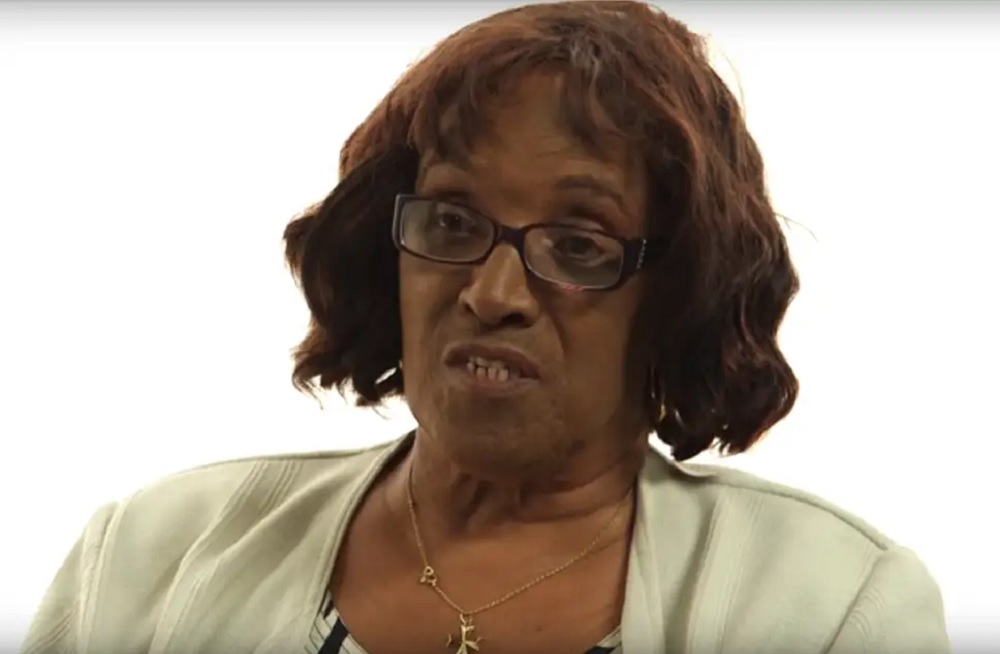More than a month – why we should celebrate Black History in Wales all year

Delyth Jewell AM, Shadow Minister for Culture and the Future
Every October we celebrate Black History Month in Wales with the aim of giving people throughout our nation the opportunity to recognise the contribution of black people to the economic, political and cultural history of our country.
Black History Month was first celebrated in the UK in 1987 after a series of projects for the Greater London Council were organised by Ghanian analyst, Akyaaba Addai-Sebo. Already celebrated in the US, Black History Month was launched separately in the UK with the aim of challenging racism in the UK and educating citizens on black British history.
Black History Month Wales aims to do the same by holding celebrations in all corners of Wales to engage, educate and empower individuals and make them aware of the contribution that the African Diaspora has made to the history of Wales’.
We need Black History Month because black history is a marginalised history. It is overlooked and unrepresented in the mainstream telling of history and the history of Wales is, sadly, no exception.
And yes, whilst Welsh history is also arguably marginalised, even within our current understanding of Welsh history, black history is, for the most part, still invisible.
We need to tell the stories of the Black people of Wales.
The first wave of the Somali and Yemeni merchant seamen who, after the opening of the Suez Canal in the 1860s, transported Welsh coal around the world before settling in the Welsh ports of Barry, Cardiff, and Newport – contributing significantly to the historical, social and economic development of Wales for over 100 years.
The incredible contribution of the Windrush generation who boarded the SS Empire Windrush from Jamaica, Trinidad and Tobago and other islands, to the UK under the false guise of new opportunities but quickly found themselves making up for post-war labour shortages in the UK.
They faced racism, discrimination and hardship and yet with steel and resilience they persisted and made Wales their home.
We also need to be honest and address the part Wales played in the horrors of the trans-Atlantic slave trade – from Penrhyn castle’s links to plantations in Jamaica to the copper works in Greenfield Valley in Holywell that produced manillas used to buy slaves.
Diverse
And who are Wales’ black heroes?
I’d nominate Betty Campbell (above), the first black head teacher of a school in Wales who campaigned for more black history to be taught in schools or Abdulrahim Abby Farah – the “Barry boy” and son of a Somali seaman who worked as a UN diplomat and campaigned tirelessly to free Nelson Mandela.
Black History Month Wales do incredible work in educating people in Wales about our country’s black history and the history of people of African Diaspora heritage. Through song, dance, lectures, conferences and community programmes they challenge negative perceptions and celebrate black history in Wales.
Welsh history is black history.
Black history is Welsh history.
It’s our history.
A stone’s throw away from our Senedd in Wales’ capital city of Cardiff lies Butetown and the old Tiger Bay – one of the oldest and beautifully multicultural places of its kind in the whole word.
A “community of communities”, Wales is a proud multicultural country with a long history of contributions made by immigrants and ethnic minorities.
Our diverse and rich history is something to truly celebrate.
If we want Wales to become the independent country that it needs to be and if we want Wales to become a county that will stand as an example of equality to the rest of the world, then the way we tell the history of our past must reflect our vision for the future.
Support our Nation today
For the price of a cup of coffee a month you can help us create an independent, not-for-profit, national news service for the people of Wales, by the people of Wales.







This is an excellent article drawing our attention to the fact that our strength as a nation, and also the strength of all organisations, lie in the diversity of our people.
Plaid needs to walk the walk on race. In the 2015 Westminster election, no person of colour did a tv interview for Plaid. This was pointed out to me by community members and I specifically asked the leadership to avoid a 2017 whitewash. Much to my disappointment, no person of colour was put up for interview in 2017. When I challenged Leanne Wood on the matter, she stated that no people of colour in Plaid were appropriate for interview, though we were all considered. Third time lucky for Plaid perhaps next month?